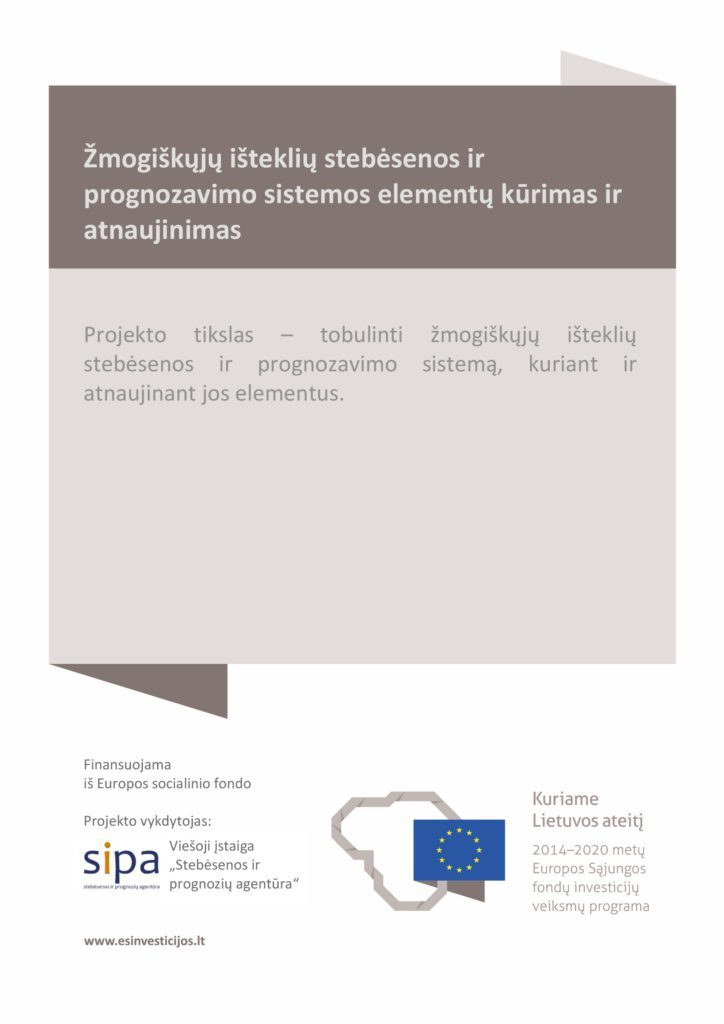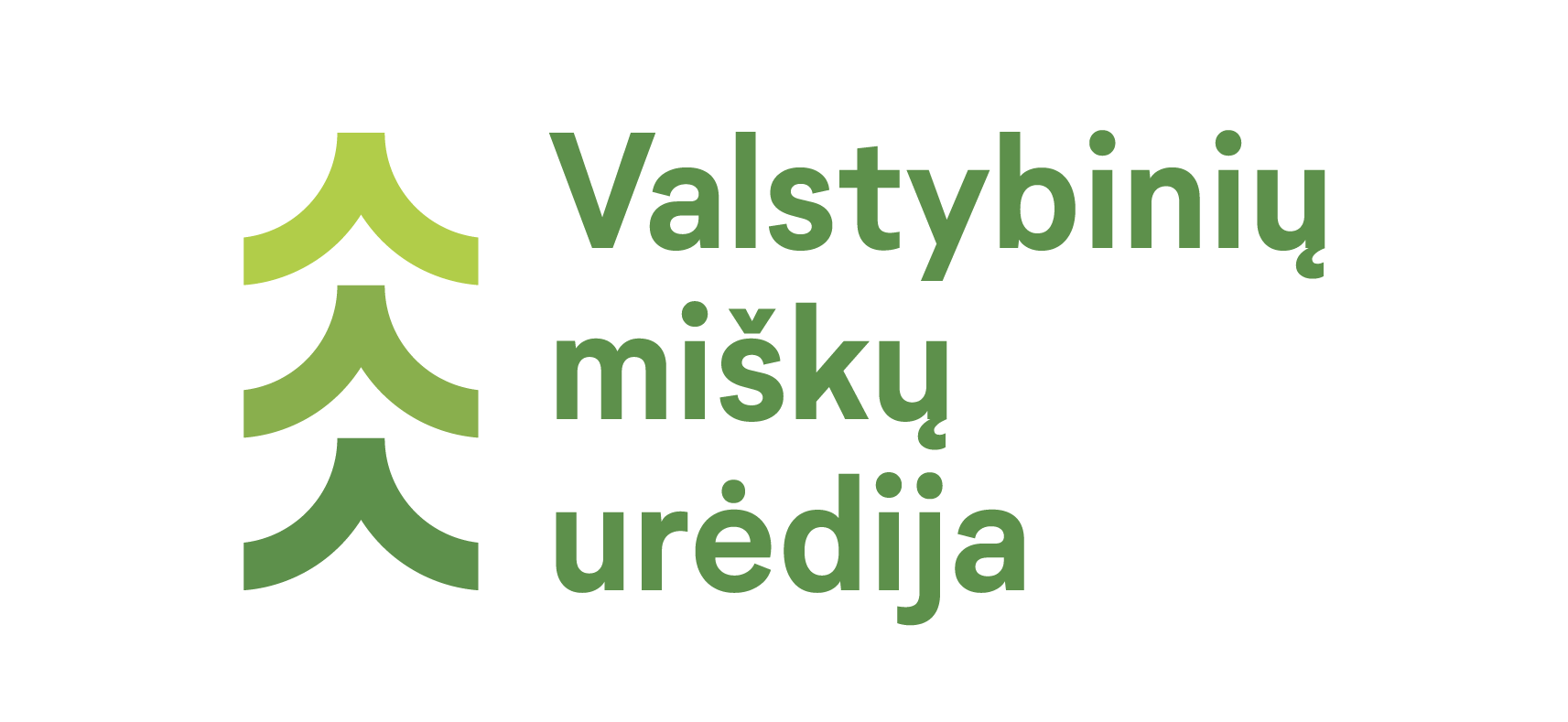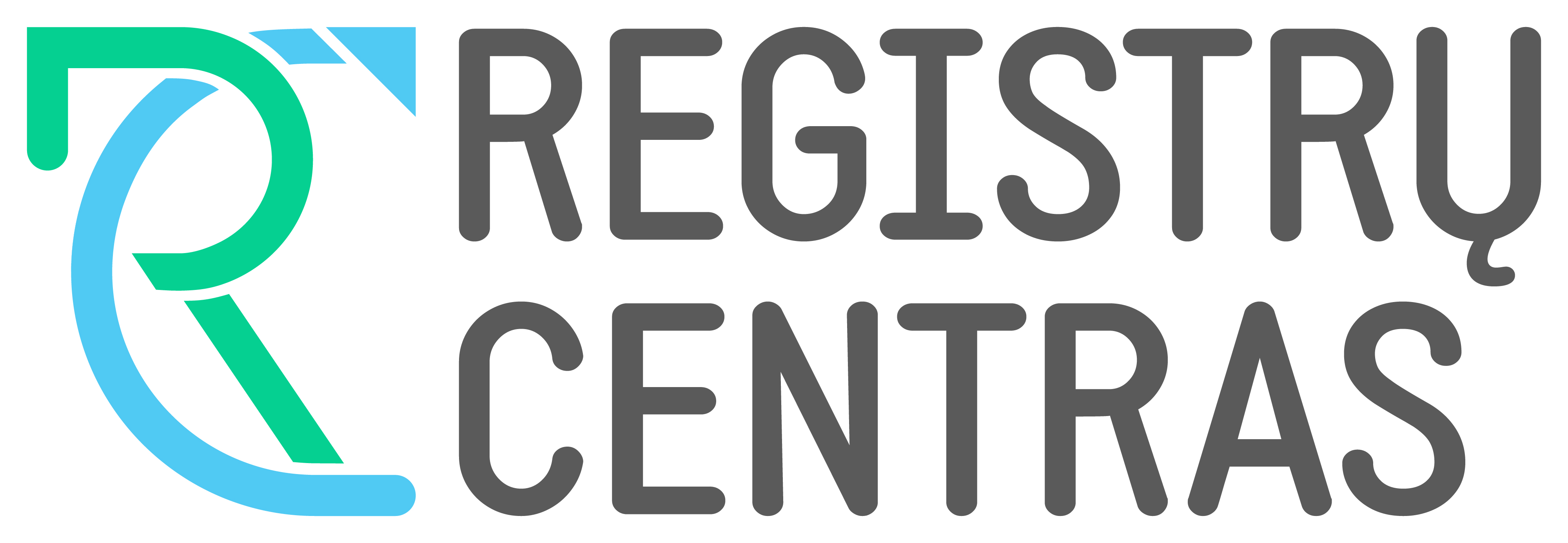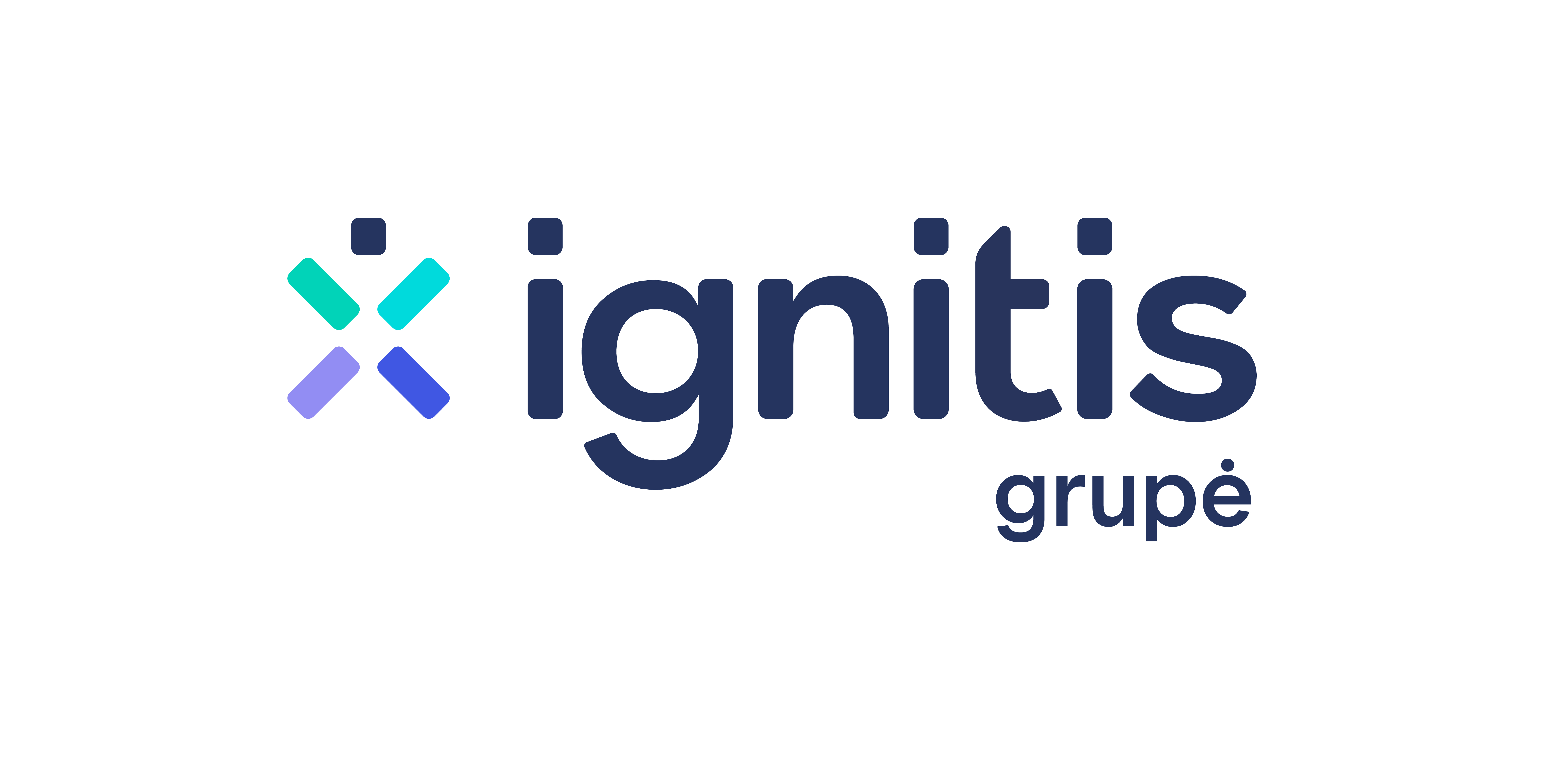The public institution “Monitoring and Forecasting Agency” (from 2020-11-04 State Management Coordination Center) until July 1, 2017, before starting to perform the functions of the management coordination center of state-owned enterprises (SOEs) assigned by the resolution of the Government of the Republic of Lithuania, performed with human resources projects and research related to the promotion of resource and competitive economic development. Below are the main projects and research carried out in the past and currently being carried out.
One of the challenges of introducing apprenticeship in Lithuania is that companies do not know well enough what apprenticeship is. Therefore, there is a great need to publicize apprenticeships as a form of organization of training that is useful for companies and employees, and even more so to specifically teach companies and educational institutions how to do it. In implementing this project, the aim will be to determine the possibilities of introducing dual training (apprenticeship) in Lithuania, to implement apprenticeship by organizing company education and implementing a campaign to popularize apprenticeship. During the project, it is planned to create guidelines for the transfer of dual education to Lithuania; create educational material necessary for the introduction of apprenticeship in companies; organize educational events for the introduction of apprenticeships and a campaign to popularize apprenticeships, using public relations tools.
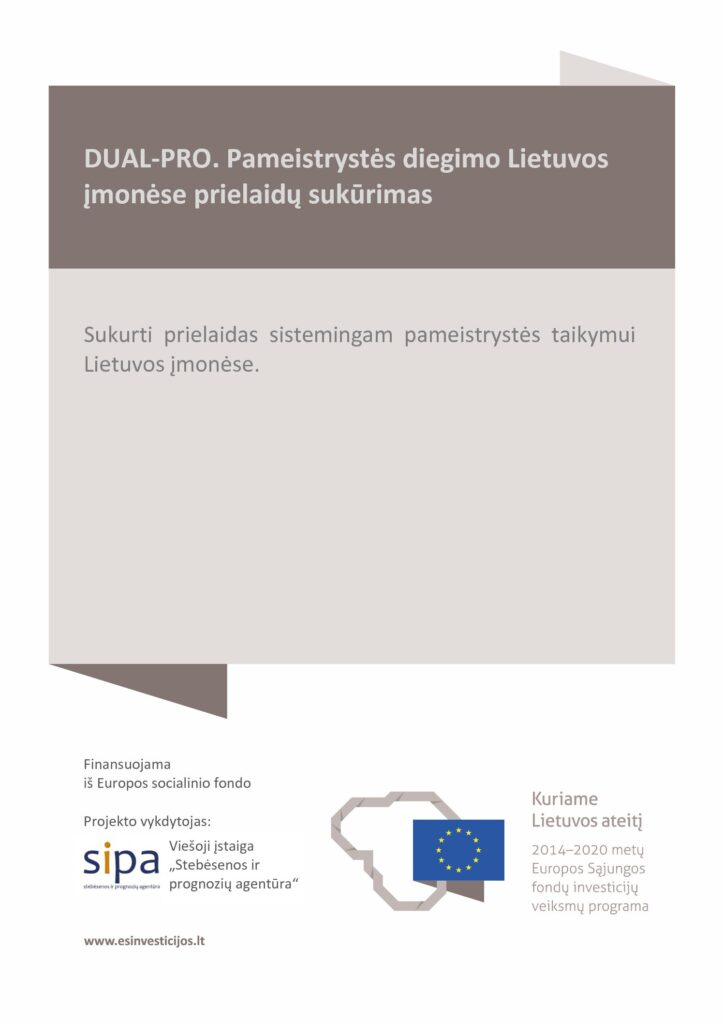
In order to implement the country’s economic development policy and make reasonable decisions on the development of human resources and vocational training policy, while carrying out medium-term forecasting and monitoring of the need for qualified specialists, an instrument is needed to help analyze the Lithuanian labor market, its demand and supply in the context of professional activities, and to compare the obtained data with the national and internationally. The Lithuanian Classification of Professions (LPK) is the national version of the International Standard Classification of Professions (ISCO). Recently, the rapidly expanding use of LPK in various fields, registries and information systems, determines the need to prepare a new edition and extended version of LPK according to the current professional structure of the labor market and accordingly adapt the classifier for various purposes. The new edition and expanded version of the Labor Code will reflect the real professional situation in the labor market and its future trends, conditions for the accuracy of job classification, the objectivity of the statistical and administrative data received, and will help to make effective management decisions. The new LPK will help users more conveniently apply the level of occupations of the national classifier in practical activities related to employment of job seekers, migration of workers, vocational guidance and vocational training of individuals, scientific research.
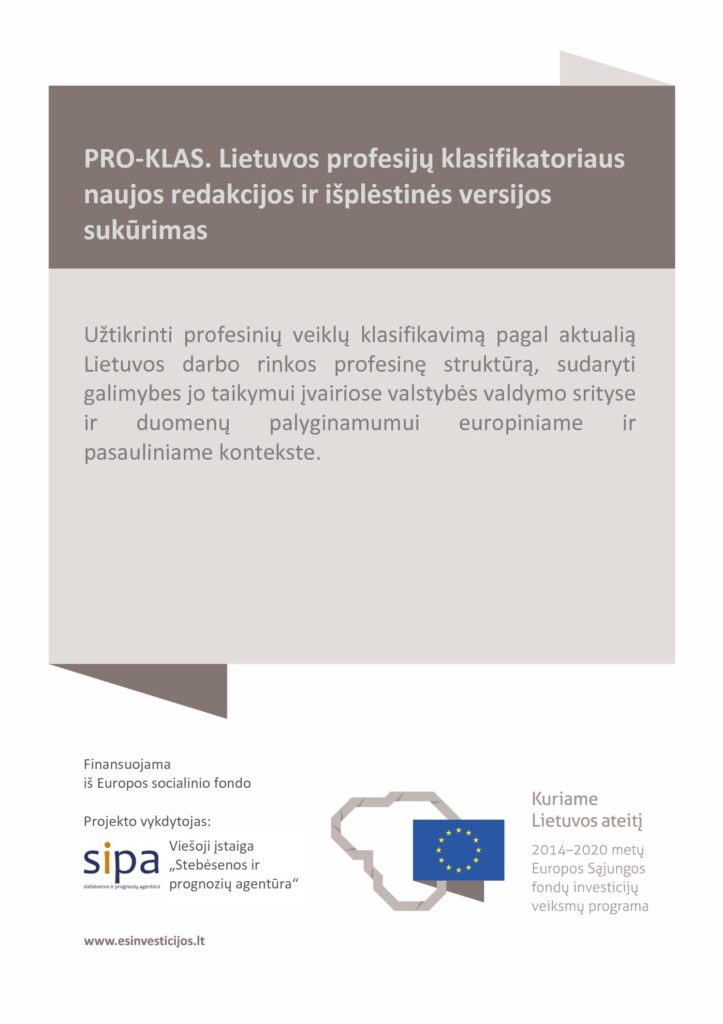
MASTER-PRO. Creation of a subsystem model of high mastery qualifications acquired in work activities
The project aims to create conditions in Lithuania for the formation, recognition and legalization of high-quality qualifications acquired in work activities. For that purpose, a model of the subsystem of high mastery qualifications acquired in work activities and the basic assumptions of its multiplication will be created, ensuring the further operation of this subsystem in various sectors of the economy. The project will carry out a feasibility study for the implementation of the high mastery qualifications subsystem and prepare a theoretical model, create methodological instruments and multiplication assumptions for the high mastery qualifications subsystem, create conditions for the availability of the high mastery qualifications subsystem model. The products created during the project will provide an opportunity for employer organizations to adopt the practices of foreign countries, to create sectoral subsystems of qualifications acquired not in formal education, but in work practice, integrated into the national and European Union qualification systems. Such sectoral subsystems make it possible for employers to formulate requirements for high-quality qualifications and to establish mechanisms for the evaluation and recognition of competences acquired in work.
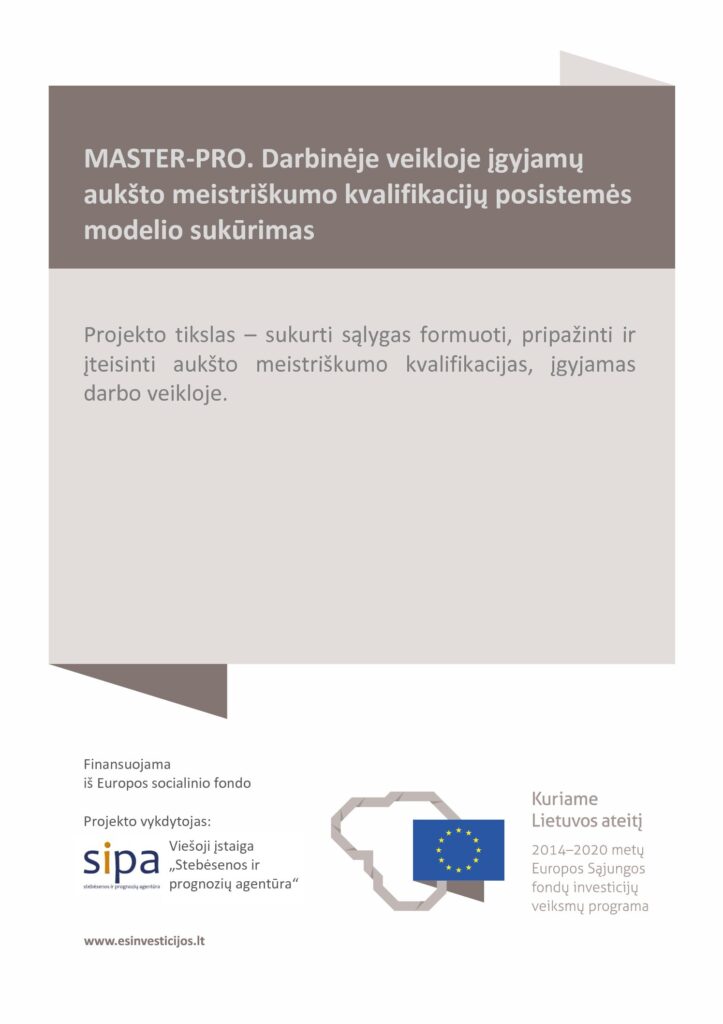
The project “Ensuring equal employment opportunities: experience in the labor market – national value” was carried out in accordance with the 2007-2013 The measure “Integration of persons experiencing social risks and social exclusion into the labor market” of priority I “Quality employment and social inclusion” of the human resources development action program.
The aim of the project – to help persons experiencing social risk and social exclusion to integrate into the labor market, in order to avoid their social exclusion.
Target group: men and women over 50 years of age.
During the implementation of the project, a multidimensional approach to the integration of socially vulnerable population over 50 years of age was applied, innovative complex methods of inclusion in the labor market and active measures were implemented in the problematic area of Rokiškis:
- a pilot model of active aging and flexible work organization was developed and implemented in Rokiškis district. This model is based on the assessment of the needs and opportunities of the elderly population, the concept of flexible work organization and social protection of employees (flexicurity) of the EU’s new policy, the principles of human social development, the idea of improving the competences of the workforce, flexibly responding to changes and needs of the labor market, implementing new preventive measures providing security in the labor market;
- a flexible computerized network of Development Centers has been installed in Bajorai, Salas, Juodupė, Jūžintai and Pandėlis, with Internet access, operating in rural communities at a time convenient for residents, accessible to every user in the most remote regions;
- created, taking into account the individual needs of learners, differentiated training programs that ensure the development of basic social skills, are more focused on promoting motivation, strengthening self-confidence, developing positive thinking, giving people greater opportunities than the acquisition of specific professional knowledge;
- a mobile team of specialists [development center coordinators, social workers, pedagogues, psychologists, volunteers] has been prepared to work with risk groups, applying a multidimensional approach to the phenomena of social exclusion and using innovative tools and methods;
- apply new systematic, active ways to reduce social exclusion and promote integration into the labor market [strengthening of aging communities ↔ targeted informal education of the elderly population, counseling and other active integration measures ↔ preventive work ↔ social partnership and inter-institutional cooperation].
Project “Reducing social risk in vulnerable families: education, labor market, community. KELRODIS” was carried out according to the 2007-2013 The measure “Integration of persons experiencing social risks and social exclusion into the labor market” of priority I “Quality employment and social inclusion” of the human resources development action program.
The aim of the project – to reduce the social exclusion of socially vulnerable families and their children.
Target groups: social risk, families with many children and single parents.
During the implementation of the project Reducing social risks in vulnerable families: education, labor market, community [KELRODIS], a network of Family Activity Houses was implemented. The network consisted of eight interconnected computerized centers, called Family Activity Houses, located in Utena County: Alanta, Duseti, Juknėnai, Kaniūkai, Naujajai Daugėliškis, Pakalnii, Tauragunii and Troškūnai. Family activity houses, established in the premises of councils, libraries or communities, operated in a convenient place and at a convenient time for residents, thus ensuring greater availability of services provided by Family Activity Houses to all members of the communities. In this way, the training reached those who wanted to gain knowledge in the most remote villages. The work of the family activity home was coordinated by local people employed by the project applicant’s institution. Knowing their area well and the habits of the inhabitants, with the help of the community authorities, they found ways to convince the inactive and most vulnerable families of the community to start learning. Excellent conditions were created to learn in a close environment, among people you know.
The project “Key competences for adult lifelong learning” was implemented under the European Union’s Lifelong Learning Program in 2007-2013. [GRUNDTVIG programme].
Project goals:
- To enable adults with learning and education gaps to acquire 8 key competences for lifelong learning that would strengthen self-confidence, social integration and increase employment and employment opportunities.
- To promote the involvement of adults in the knowledge society and active participation in civic activities.
Target groups:
- Adults who are at risk of social exclusion and have learning and education gaps: immigrants, people who have not finished school, women’s communities, people over the age of 55, convicts, low-skilled workers;
- Specialists responsible for planning and organizing education and training;
- Providers of education and continuing professional training services: managers, teachers, technicians and administrative staff;
- Business representatives: human resources and training managers.
More information about the project is available here.
The Q@KIT project is about promoting the quality of education and vocational training in a competitive and dynamic Europe. Nine partners from five different countries (Italy, Germany, Spain, France and Lithuania) participated in the project. The aim of the project is to develop training tools and content guided by the quality of e-learning in the field of education and vocational training, in particular by identifying, developing, testing and validating a training toolkit (Q@KIT) based on relevant and innovative e-learning content in order to update the European education and vocational training system. The Q@KIT project is designed to implement the following specific objectives:
- Development and testing of tools to facilitate the comparison of various experiences and the exchange of information and materials between operators of activities in various situations, following the Lisbon objective “European space for science”;
- Facilitating the creation of laboratory groups/directly working groups whose activities are focused on quality management and improvement measures;
- Assistance to research groups by providing them with specific material;
- Distribution and deployment of materials and results;
- Increasing the importance of competence and training the process of acquiring new knowledge (Brussels 2005).
The project “Women’s role in strengthening civil society, leadership, partnership, employment” was carried out in accordance with the 2004-2006 Lithuanian Law. Measure 2.3 of the general programming document “Prevention of social exclusion and social integration”.
The general goal of the project – to promote women’s opportunities in the labor market, community and political activities by developing leadership and employment competence skills, organizational abilities, lifelong learning attitudes.
Target groups:
- Women seeking to participate in politics, decision-making processes and the economy;
- Older women who intend to return to the labor market after a break;
- Employees of non-governmental organizations.
Project tasks:
- Create a training and consulting network, adapt the distance education system according to the special needs of women in Alytus county;
- Prepare and implement a modular-interactive training and counseling system for women who intend to participate in community and political activities and decision-making processes;
- Create and implement an employment competence skills development system for older women;
- Create social marketing technologies Women in the family, community and labor market and implement in the pilot region.
Revival of troubled regions in Utena county: employment, partnership, community (REVIVAL), 2004-2007
The EQUAL initiative of the European Communities, part of the European Employment Strategy, aims to find new ways in the field of employment to eliminate discrimination and inequality experienced by those working and those looking for work. EQUAL is a pilot program that provides an opportunity to develop new ideas, test innovative methods and non-traditional measures in the labor market. Lithuania, like other new EU countries, participated in this initiative for the first time.
In order to ensure social cohesion and equal employment opportunities in the labor market, the project “Revival of problem regions in Utena county: employment, partnership, community” was initiated. Together with the Administration of the Utena County Governor, the Lithuanian Labor Market Training Service, the Confederation of Lithuanian Business Employers, Mykolas Romeris University and the Community Fund of the Utena Region, the development community ATGIMIMAS was created.
The overall goal of the project is to reduce the discrimination and inequality experienced by the long-term unemployed in problem regions in the labor market, by applying innovative ways of developing employment competence skills, strengthening social partnership and the community.
In implementing the main goal of the project, the development community REVIVAL:
- initiated and carried out comprehensive sociological research of the long-term unemployed, local employers and problematic communities in the regions of Utena County, in order to find out the general abilities of the direct and indirect target groups, the needs and expectations of the development of employment competence skills, and the opportunities to contribute to the successful implementation of the project.
- implemented an efficient and accessible to all computerized network for the development of employment competence skills in the problematic regions of Utena county. The main elements of the network: interconnected six computerized counseling-educational centers led by local coordinators, operating in a convenient place and at a convenient time for residents; interactive informal modular training programs and consulting packages that meet the needs of the target group and assessment methodology have been created and implemented.
- developed a concept of values for strengthening communities in problem regions, prepared an action plan for the revival of communities and an implementation model, organized community associations and activity seminars.
- prepared scripts for job fairs and organized job fairs in problem regions.
- participated in the activities of two international networks JABALI (Spain, Italy, France, Lithuania) and AGIL_E (Austria, Italy, Germany, Lithuania).
- in cooperation with international partners, prepared the study Equal Employment Opportunities Strategy.
- shared experience and examples of good practice at the national and international level.
The project “Improvement, introduction and harmonization of professional standards in the new European Union” was carried out under the Leonardo da Vinci program of the European Union.
-
Youth studying in vocational training institutions;
-
Adults who want to enter the labor market (in the fashion and beauty sector);
-
People already working in the fashion and beauty sector and looking to upgrade their qualifications.
2001-2003 participated in the SIBIS project of the European Commission’s 5th General Program (Information Society Technologies). The goal of the project is to create and apply innovative statistical indicators that allow to evaluate and measure the changes and progress towards the information society in EU member states and candidate countries.
The main results of the SIBIS project:
- A conceptual and methodological basis for assessing the development of the information society has been prepared.
- A system of indicators was created, which made it possible to evaluate and compare the level of development of the information society of the countries of the European Union.
- Based on the new system of indicators, an evaluation and mutual comparison of European countries was carried out. In order to provide a new overview of information society measurement indicators, a representative survey was conducted in EU member states, candidate countries, Switzerland and the USA.
- The research results were used in the formation of effective social policy in the field of information society development.
The public institution “Monitoring and Forecasting Agency” analyzes various aspects of human social development and initiates and conducts significant sociological research. The main studies carried out and their results:
- Evaluation of practical training for the unemployed, 2008.
- Determining the relevance of vocational training for unemployed and laid-off workers to employers’ needs, 2007.
- Trends and causes of school absenteeism and poor attendance, 2003
- Living conditions of the homeless, 2003.
- Competitiveness of graduates of higher education in the labor market, 2003.
- The Impact of Eurointegration on Human Social Development: Perspectives on Social Sector Development and Tax Policy, 2003.
- Psychosocial characteristics of suicide attempters, 2002.
- Living conditions and social exclusion, 2002.



